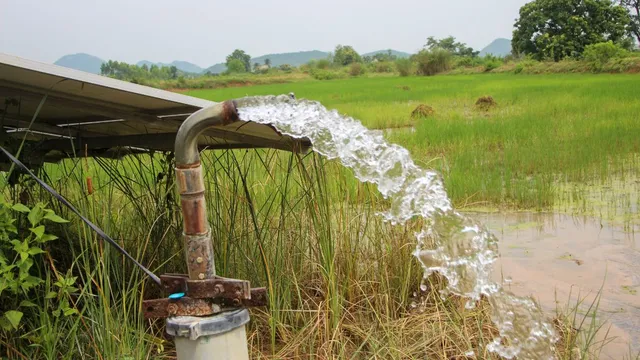The Central Ground Water Board has reported that water drawn from aquifers deeper than 90 meters contains arsenic levels below the permissible limit. Based on this, the Public Health Engineering Department (PHED) has instructed that tube wells in arsenic-affected areas must be drilled to a minimum depth of 125 meters. This directive was announced by PHED Minister Neeraj Kumar on Tuesday.
He stated that water treatment plants have already been installed in several rural areas affected by arsenic, fluoride, and iron to ensure safe drinking water. However, variations in contaminant levels have been observed depending on location and the depth of tube wells. To address this, it has been decided to extract water only from deeper, uncontaminated aquifers.

During drilling, the upper aquifers will be sealed using clay packing based on geological data charts. READ MORE: New Aadhaar App In Trial Phase: You’ll No Longer Need Physical Copies | Here’s What It Means Post-construction, water samples must be collected in the presence of the Executive Engineer and Assistant Engineer. Two samples will be taken—one for testing at the district-level lab and the other at the state-level lab.
Additionally, in arsenic and fluoride-affected areas, water treatment plants will only be approved by the Superintending Engineer after reviewing the test reports and conducting a site inspection. In areas affected by iron, this responsibility lies with the concerned Executive Engineer..
Top

Bihar Govt Increases Tube Well Depth Standards, Mandates 125 Meters In Arsenic-Affected Areas For Safe Drinking Water

bihar,bihar news,tubewells in bihar,bihar water department,tubewell length bihar,je city news











